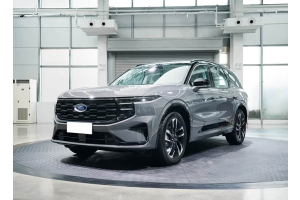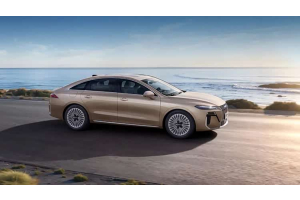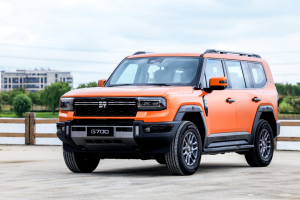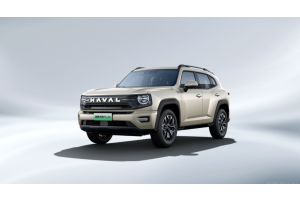Ghana Used Car Market: Regulations and Policies for Exporters
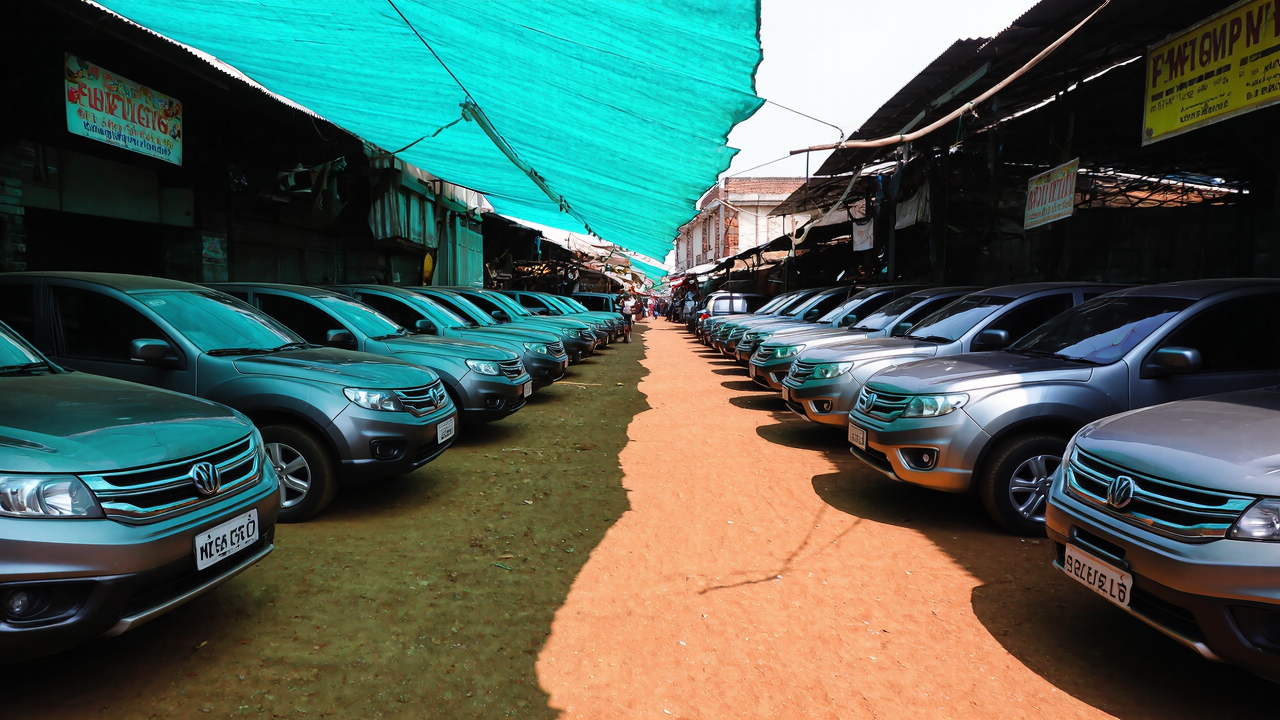
Ghana's Used Car Market Overview and Policy Analysis
Ghana Automotive Market Landscape
Ghana, located in West Africa with abundant natural resources, has a vehicle market dominated by used car transactions. The country imports approximately 100,000 vehicles annually, with a staggering 90% being used cars, primarily sourced from the United States, Japan, and Germany. The United States stands as Ghana's largest supplier of pre-owned vehicles.
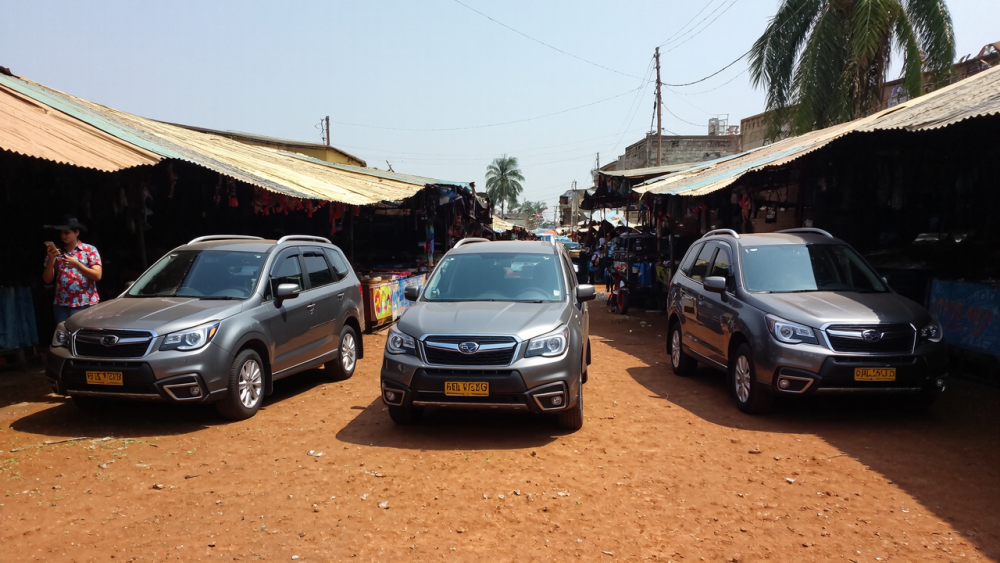
In-Depth Analysis of Ghana's Used Car Market
Market Characteristics and Development Trends
- The Ghanaian automotive sector consists mainly of imported used car retailers and some new car dealerships.
- Through its 2019 Automotive Development Policy, the Ghanaian government encourages local production of affordable new vehicles to reduce reliance on used imports. Major manufacturers like Volkswagen, Nissan, Toyota, Suzuki, and Peugeot have already signed vehicle assembly agreements. Chinese automakers including Chery and Great Wall, along with Britain's MG and India's Bajaj Auto, plan to commence production in Ghana.
- Domestic manufacturer Kantanka Automobile Company assembles vehicles using Chinese CKD kits, producing sedans, SUVs, and military vehicles.
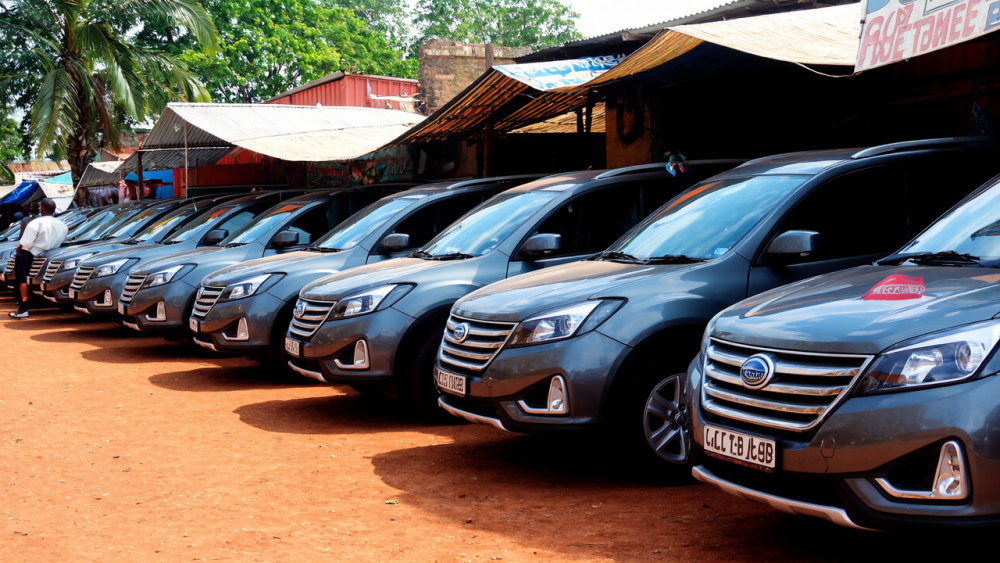
Electric Vehicle Market Status
- Ghana's EV market remains in its infancy but shows growth potential.
- The government is promoting NEV development through charging infrastructure projects and EV adoption incentives. The Energy Ministry plans to implement an EV policy including charging station development, purchase incentives, and support for local manufacturing. Current EV offerings are limited to imported premium models like the Nissan Leaf, Tesla Model S, and BMW models.
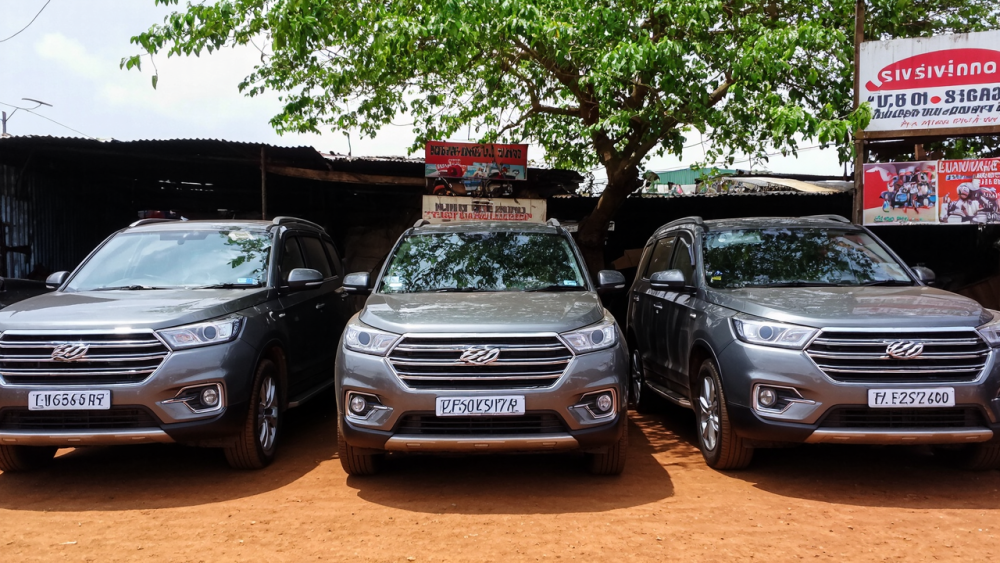
International Automotive Partnerships
Ghana is actively exploring collaboration opportunities with global automakers to establish local EV and component manufacturing facilities.
Ghana's Used Car Import Regulations
Import Restrictions
- Accident-damaged and end-of-life vehicles are strictly prohibited.
- All imported used cars must be left-hand drive (except special-purpose vehicles). Right-hand drive imports require special approval and must undergo LHD conversion at port before road registration.
- Since October 2020, Ghana bans imports of vehicles over 10 years old (previously subject to 5-100% surcharge based on CIF value), aiming to attract regional manufacturing investments.
- Effective January 2023, all used vehicle imports must include valid Compliance Certificates (CoC) issued by standards agencies.
Tax Structure
Used car imports are subject to multiple charges:
- Customs Duty: 5% (under 1900ml), 10% (1900-3000ml), 20% (over 3000ml)
- VAT: 0% or 12.5%
- National Health Insurance Levy: 0% or 2.5%
- Export Development Fund Fee: 0% or 2.5%
- AU Levy: 0.2%
- ECOWAS Tax: 0.5%
- Import/Export Levy: 0.75%
- Inspection Fee: 1%
- Special Import Tax: 2%
Required Import Documentation
- Manufacturer details and vehicle specifications
- Year of manufacture
- Used vehicle CIF value
- Original title/registration certificates
- Original purchase invoice
- Original insurance policy
- Original bill of lading
- International driving permit
- Customs Form C-12 (SAD)
- Valid Compliance Certificate (CoC)
Economic and Trade Context
Ghana's economy shows promising indicators for automotive trade:
- GDP: $76.63 billion (2023)
- GDP Growth Rate: 1.2%
- GDP Per Capita: $2,330
- China has become Ghana's largest trading partner, reflecting growing economic ties.
Understanding these market dynamics and regulations enables investors and traders to capitalize on opportunities in Ghana's used car sector and establish strong positions in African automotive trade. For comprehensive import assistance including logistics and customs clearance, TopUsedCars.com provides end-to-end solutions.
Reported by TopUsedCars.com journalist Xiao Mi





